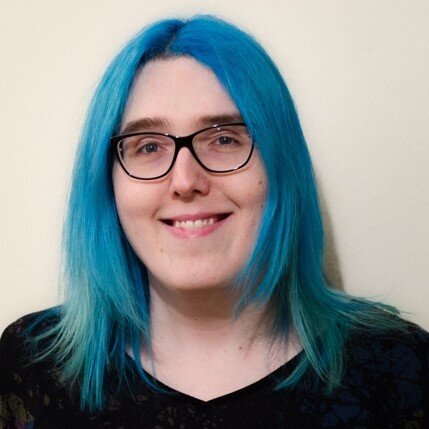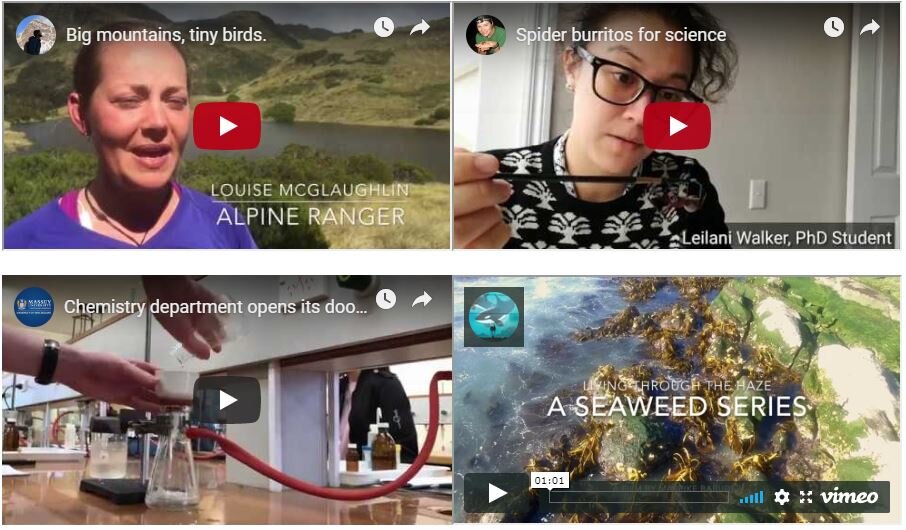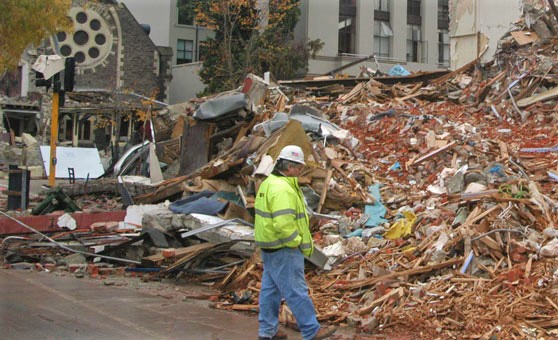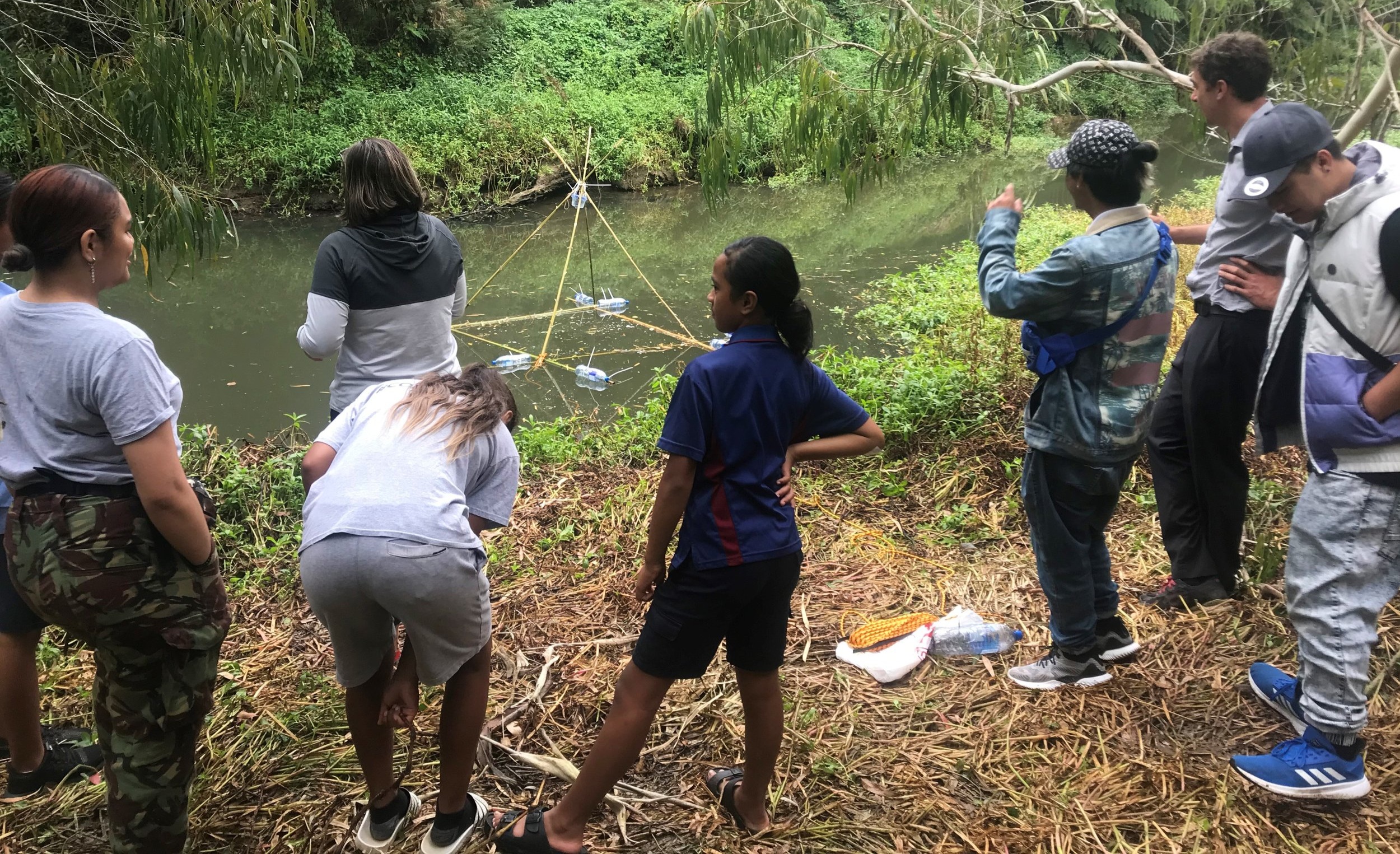Keynote Speakers
Acushla Dee Sciascia
Ngāruahine Rangi, Ngāti Ruanui, Te Āti Awa.
© Rawhitiroa Photography (www.rawhitiroa.com)
Dr Acushla Sciascia is a kaupapa Māori and iwi researcher with over a decade of experience working in mostly the social sciences.
Recently, Dr Sciascia has been brought into the sciences and mātauranga Māori spaces to lead out and champion mātauranga Māori through research, expert panels, presentations and project leadership.
Dr Sciascia is currently the co-leader for the Mātauranga Māori programme of the National Science Challenge Resilience to Nature’s Challenges (phase 2) and will be involved in the future research project of Taranaki Mounga and its changing volcanic landscape. She is based at Massey University.
Sarb Johal
Dr Sarb Johal is a Clinical Psychologist with over 30 years’ experience in research, training, clinical practice, and policy development.
He has worked in mental health, pandemic disease preparedness, youth development, suicide prevention and emergency management – including assisting with the response and recovery to the Canterbury Earthquakes, as Associate Professor in Disaster Mental Health at Massey University.
Dr Johal is currently a stay-at-home dad to three daughters while creating videos and podcasts around psychology-related content. His most recent completed project is a collaboration with James Nokise and the RNZ production team for a mental health podcast called Eating Fried Chicken in the Shower.
Panel Speakers
Upulie Divisekera
Upulie Divisekera is an Australian molecular biologist and science communicator. She is a researcher at the School of Biological Sciences at the University of Auckland and the co-founder of Real Scientists.
Upulie’s research has covered fields from cancer immunotherapy to nanoparticle drug delivery and endometriosis. Her science communication efforts have seen her speak about science on Australian radio, TV, and writer's festivals. As a science writer, she has written for The Sydney Morning Herald, Crikey and The Guardian.
Joseph Hullen
Ngāi Tūāhuriri, Ngāti Hinematua.
Joseph Hullen, born and raised at Tuahiwi and Kaiapoi near Ōtautahi (Christchurch), has spent a lifetime gathering traditional kai and hearing stories about his hapū.
Joseph is a hunter-gatherer, a fisherman, an explorer, a kaitiaki, a storyteller – and always he is Ngāi Tahu.
Aurynn Shaw
Aurynn Shaw is the founder of Eiara, and with over a decade of experience as a professional software developer, her expertise ranges from modern cloud deployments to massively parallel supercomputer environments.
As the defining voice of the ideas of “Contempt Culture”, Aurynn guides Eiara in working to change the very nature of how we create and work with new technologies, and the questions that we must answer as we do.
Susan Rapley
Dr Susan Rapley has a PhD in Psychological Neuroscience from the University of Canterbury. Since graduating, Susan has been living in the adjunct hustle: Teaching at University of Otago, researching community engagement for a South Auckland based community education trust and serving as a Be.Accessible 2019 fellow in leadership for social change.
Susan is passionate about growing acceptance of, compassion for, and inclusion of people with psychological and neurologically based disabilities.
Workshops
Please note that all workshops are concurrent so it is not possible to attend more than one.
To register, simply choose one workshop at the time of buying your conference ticket via Eventbrite.
All workshops are included in the conference ticket price.
Video 101
learn to shoot, edit and publish video on your mobile
Producing short videos with your smartphone has never been easier!
Baz Caitcheion of Bazzacam will show you to how to develop a video concept and give you tips on the best ways to shoot, edit and distribute your video content.
In this four-hour workshop limited to 20 participants, you’ll learn the basics of creating your own video from your phone, including editing in iMovie (Apple device required, although skills are transferable to Android).
Preparatory details will be sent out to registrants 2 weeks before the conference.
** Please note that this workshop starts one extra hour earlier than the other workshops - at 12:45. It will run at the same time as the Lightning Talks as well as the other workshops. It finishes at the same time as the other workshops, at 16:45. **
This workshop has been made possible with sponsorship from the Science Media Centre - ngā mihi nui.
Synergy in science communication: research and practice
Join Emma Hudson-Doyle from The Joint Centre for Disaster Research, Kate Boersen from East Coast LAB and Alice-Lake Hammond from AF8 in unravelling how research and practice can work better together, using natural hazards as a case study.
This dynamic three-hour workshop will delve into how we can improve the relationship between science communication researchers and science communication practitioners across all science fields. Our goal is to bring together researchers and practitioners as we collaboratively explore how we can ensure that science communication practice is informed by research evidence, and research is led by the needs of science communication practitioners.
Through break out activities we will explore why achieving a synergy that results in research informed practice, and practice led research, is often a challenge. We will explore the barriers to achieving this synergy, and strategies we could use to be more successful. Finally we will review how we can evaluate and measure our successes, both in achieving this synergy, and review research based approaches to evaluating science communication practices.
Science communication practitioners, researchers, teachers, and educators, as well as all others interested in effective science communication, are welcome!
This workshop has been made possible with sponsorship from the Joint Centre for Disaster Research - ngā mihi nui.
Communities as changemakers
Working with particular communities is becoming more commonplace for both the scientific research we do and the science communication activities we initiate. ‘Working with’ is very different from ‘communicating to’ and requires different skill sets.
The Participatory Science Platform (PSP) has enabled more than 120 diverse community science projects that have inspired substantial positive change in their communities and beyond. The PSP team, led by National Coordinator Victoria Metcalf, has looked closely at what constitutes best practice community engagement.
In this hands-on and practical three-hour workshop you’ll learn effective methods for science engagement, why community engagement is important, and how real change can be achieved via this approach.










